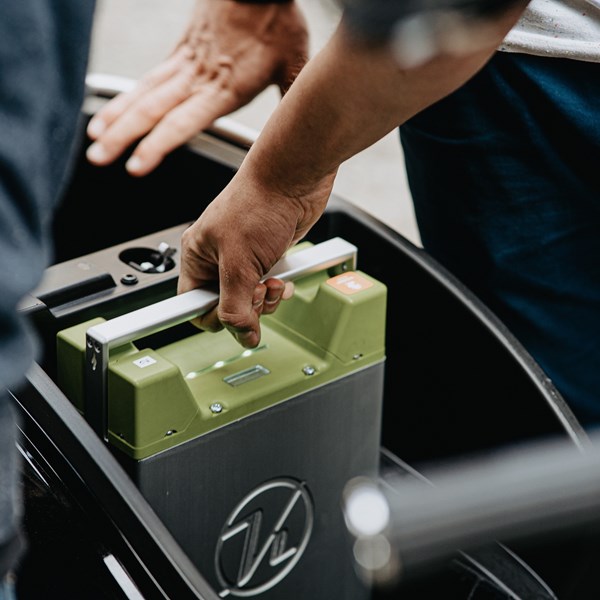Hackathons and innovation go hand in hand; nonetheless, the team-based, often open nature of hackathons can jeopardise securing IP rights for a work developed during an event. For participants and organisers, how can these risks be mitigated to maximise IP generation and value?
ARE HACKATHONS RELEVANT TO IP?
In drawing participants from a diverse range of backgrounds to solve predefined challenges, hackathons are rich environments for innovation across the technology spectrum (the Graphene Hackathon and MIT’s COVID-19 challenge being two recent examples).
The potential of hackathon entries to create ideas protectable by IP rights, such as patents, designs or copyright, is therefore high. Appreciating this potential is an important first step to securing IP rights for a hackathon entry and maximising their value.
WHO OWNS THE IP RESULTING FROM A HACKATHON ENTRY?
By default, the owner would be the inventor(s) or author(s) as the case may be. However, for a participant attending in their capacity as an employee, the intellectual property they generate will usually belong to their employer. Depending on the terms governing the event, the organiser and/or sponsor of a hackathon may also claim rights in IP generated at the event.
Accordingly, determining IP ownership requires careful consideration of any existing IP agreements in place, whether in an employment contract and/or event terms and conditions.
Furthermore, unless a hackathon is held internally, determination of IP ownership will also have to account for hackathon teams comprising members who are from different organisations or participating as private individuals.
While the above suggests determining ownership is a complex exercise, this should not be viewed as a disincentive. Instead, a collaborative, proactive approach to securing IP rights, for example through cooperation or collaboration agreements, should allow all relevant contributors to a hackathon entry to commercially benefit from their work.
From the perspective of a hackathon organiser and/or sponsor, the above may motivate the inclusion of IP provisions into their event’s terms and conditions. In itself this may encourage greater attendance, not least by clarifying the extent of any claim to IP rights and associated obligations.
WHAT ABOUT CONFIDENTIALITY?
The openness of many hackathons - entry development, judging and promotion - is a significant risk for securing IP rights. Taking patents as one example, the public disclosure of an invention will jeopardise securing a patent in most jurisdictions. This is unless a patent application for the invention has been filed in advance. Since hackathons are typically fast-paced, however, filing a patent application in time may not be feasible.
Participants looking to protect their hackathon entry by way of a patent should therefore be risk-averse and avoid public disclosure. Where possible, seeking an NDA, under which entries can be developed and judged confidentially, will help to provide the time needed to file a patent application.
SHOULD I CARE ABOUT THIRD-PARTY RIGHTS?
In short, yes, given the risks of infringement. Care should be exercised when developing and commercialising a hackathon entry. So-called ‘freedom to operate’ studies will also help to identify the number and extent of relevant third-party IP rights.
Related to the discussion of ownership, hackathon participants and organisers will likely also want to establish who is liable for any infringement action. As with ownership, this could be achieved by including appropriate provisions in event terms and conditions and/or co-assignee / licensee agreements.
I'M ATTENDING A VIRTUAL HACKATHON, DOES THIS CHANGE ANYTHING?
Although held on a different platform, the points set out above regarding confidentiality remain valid. Accordingly, establishing an NDA under which the virtual event is held is advisable to facilitate securing IP rights.
I'M ATTENDING A ENGINEERING HACKATHON, DOES THIS CHANGE ANYTHING TOO?
The technical discipline(s) practised at a hackathon may have a limited impact on the substantive issues discussed above (i.e., ownership, confidentiality, and liability). Instead, whether a hackathon is directed to a software or engineering challenge, for example, may determine the most likely types of IP rights available.







